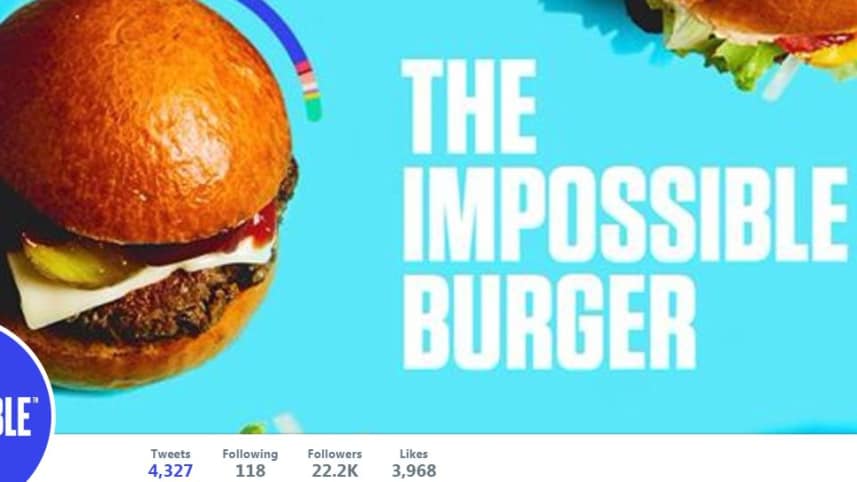According to a recent article in Haaretz:
The trail-blazing Impossible Burger, the world’s only kosher cheeseburger, created sustainably, is now officially on the Orthodox Union’s kosher database registry.
My understanding has been that those who have been lenient with regard to the rabbinic prohibition of marit ayin (appearance of impropriety), did so on the assumption that potential onlookers were assumed to be sufficiently familiar with the kosher alternatives that there was insufficient basis for invoking the rabbinic prohibition. Considering that the Impossible Burger is is likely to be consumed by consumers in a manner that would create the impression that it is biblically-forbidden basar b'chalav (meat cooked with dairy), e.g. because it is still a relatively unheard of product, shouldn't this argument no longer hold water?
Furthermore, considering that marit ayin seems to be an issue even when one's in private (b'chadrei chadarim - see e.g. Shabbat 64b), shouldn't one need to make it self-evident to any potential onlooker (e.g. including those who don't read English, even if only the English-literate are around) that the product is plant-based? How would that be accomplished since the product is still relatively unknown (as opposed to, say almond milk or fish blood, both of which are and were potentially well-known, such that any potential onlooker might guess the ambiguous origin based on local clues of almonds or fish scales - see e.g. Ramo Y.D. 87:3, Chakhmath Adam 40:3, Arukh Hashulchan 16, all cited here?
(While apparently the OU had a controversial ruling [mentioned, but not explained, here] for a restaurant that served cheeseburgers with pareve "cheese" that they just needed to include language that indicated the cheese's pareve status, this would seem to be harder to control with regard to private consumers and would seem to be more of an issue with a novel, unknown product.)

